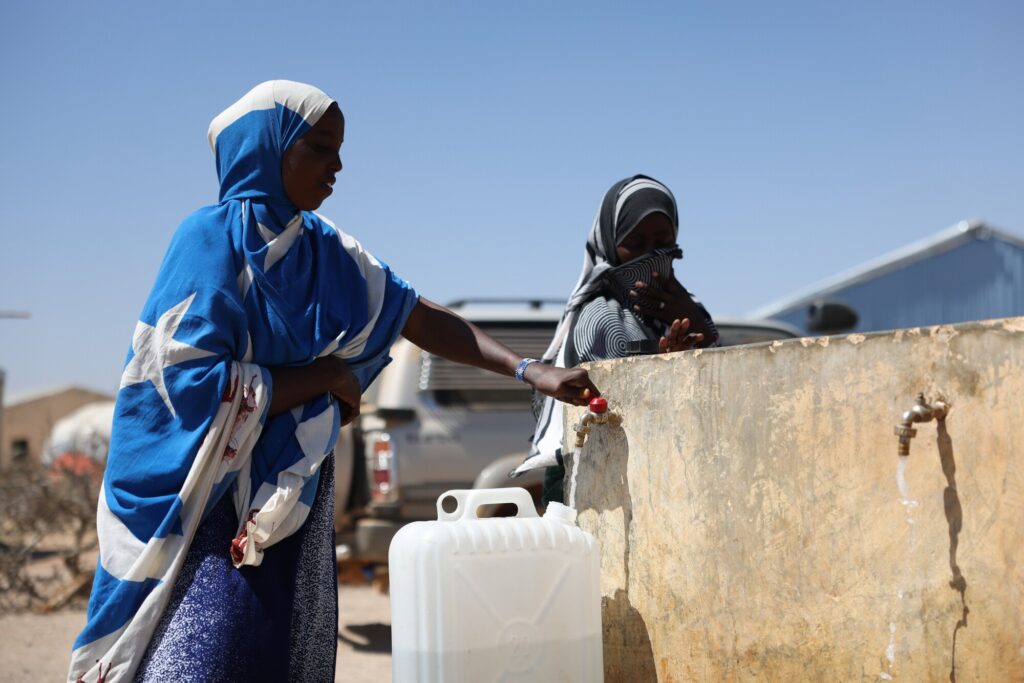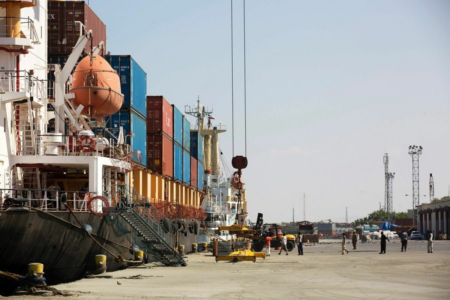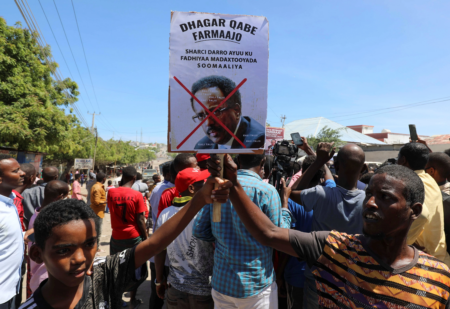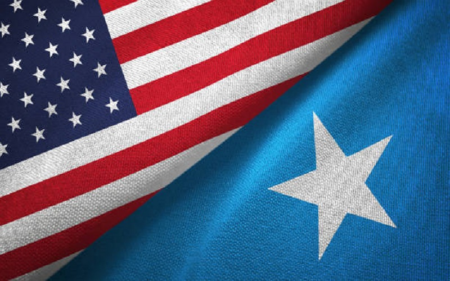In the remote Huftiro village that is located in Somalia’s Sool region, access to clean water was once a daily struggle for families—especially for women like Amina Mohamoud Sahardid.
Amina had to climb down a crumbling five-meter-deep well just to collect water, then haul heavy containers back to her home.
The journey was not only exhausting but dangerous.
“Women feared falling into the well,” she recalls, and nighttime trips risked encounters with wild animals.
Poor Infrastructure Threatened Lives and Livelihoods
Before the intervention, Huftiro village well was in dire condition—lacking pumps, tanks, and basic safety equipment.
“It was very problematic,” says local resident Mohamed Yusuf Bulaale, describing how nearly 100 families depended on the failing water source.
Community member Cabdi Aadan Jaamac explains, “There were no tanks or pipes. It didn’t serve our needs.”
Oxfam’s Water Project Brings Life-Changing Upgrades
In the past year, Oxfam stepped in to overhaul Huftiro village water system.
The nonprofit installed new tanks, a powerful pump, piping networks, household taps, and livestock drinking troughs.
Two large tanks now store 50 cubic meters of water each—ensuring a reliable supply for both people and animals.
“Now the well provides strong and sufficient water for the entire community,” says Jaamac, highlighting the dramatic impact of these upgrades.
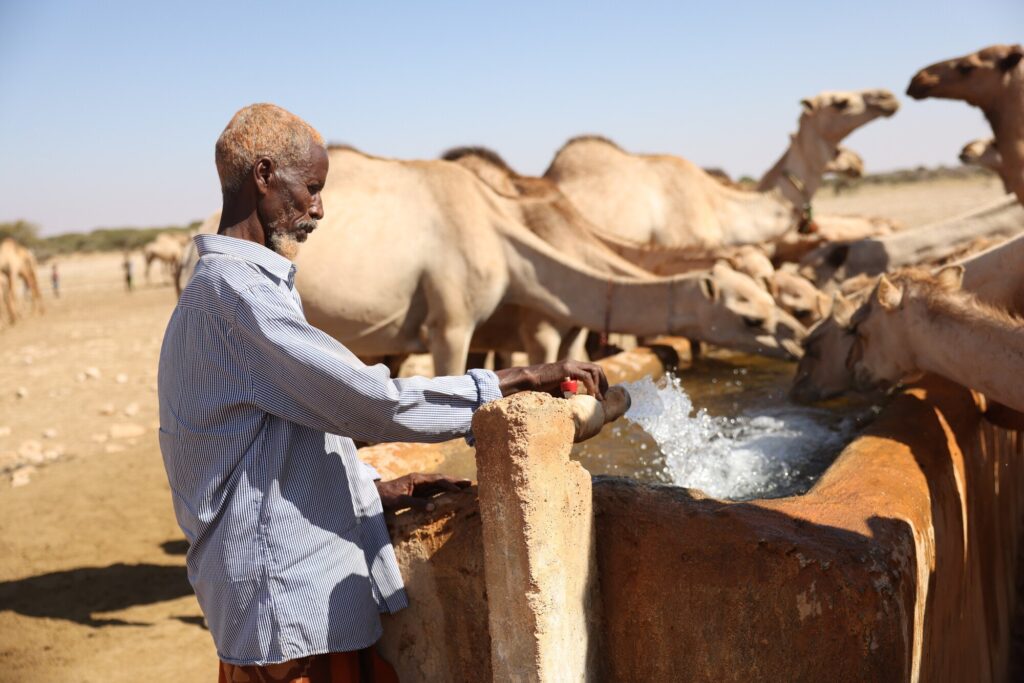
Climate Resilience and Sustainable Livelihoods
Somalia faces complex challenges, including armed conflict, recurrent droughts, and flooding—threats intensified by climate change.
With 47% of the population lacking safe drinking water and 9 million people needing humanitarian aid, access to water is critical.
For rural families who rely on livestock, a functional well means survival. Between 2020 and 2023, drought wiped out 3.5 million animals and displaced 2 million pastoralist families.
“Today, the well can serve three herds of camels at a time,” explains Bulaale. “About 100 camels drink from it every day.”
Empowering Women and Promoting Hygiene
Water system upgrades have also empowered women by easing their daily burden.
“We no longer travel long distances or carry heavy loads,” says Aisha Ali.
“We simply use nearby taps connected to the well.”
Oxfam provided jerrycans for water storage and hygiene kits to reduce waterborne diseases.
Women also received menstrual hygiene kits, improving health and dignity in meaningful ways.
“These small changes have made a big difference,” Ali says.
Read also: Somalia Launches Deep Water Well Project in Hudur to Tackle Long-Standing Shortages
Huftiro Village Story: A Model for Water Access and Community Development
Huftiro village story exemplifies how strategic humanitarian aid—paired with community involvement—can transform everyday life in drought-stricken regions.
Access to water isn’t just a convenience; it’s a lifeline that fuels health, economy, and resilience.
Source: Oxfam




